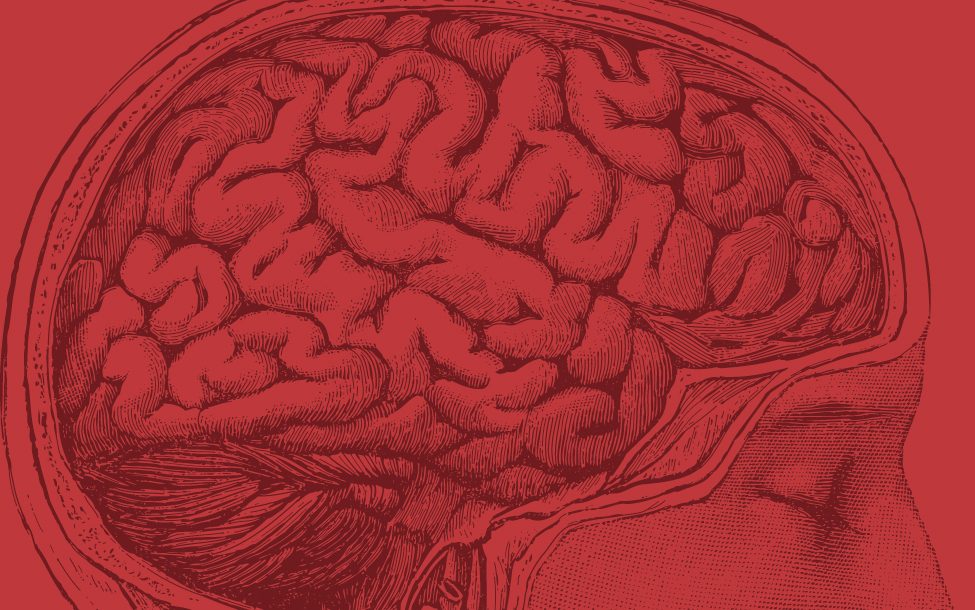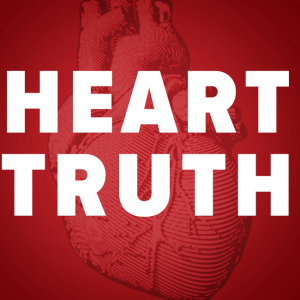Know Your Brain Power

Megan Holt, Director of Clinical Services for The BridgeWay, reveals how stress and anxiety affect the entire body—and offers tips for pampering our minds a bit more.
FIT Arkansas: What stat might readers be shocked to know as it relates to mental health?
MH: Of Arkansas’ approximately 2.9 million residents, close to 116,000 adults live with serious mental illness, and about 31,000 children live with serious mental health conditions.*
How do high levels of stress or prolonged stress negatively impact a person’s health?
Duke researcher Robert Lefkowitz proved that stress damages your DNA. It frays the ends of your telomeres on your chromosomes opening the door to cancer, disease and premature aging.
Chronic stress or prolonged levels of high stress have been cited as contributing to high blood pressure, asthma, ulcers and even irritable bowel syndrome. Studies have revealed that stress can lead to increased cortisol production. Higher and prolonged levels of cortisol lead to impaired cognitive functioning, suppressed thyroid functioning, imbalances in your blood sugar, decreased bone density, higher blood pressure and even increased abdominal fat.
How else can stress and anxiety impact us?
Sleep is also often disturbed. Lack of sleep lowers the production of melatonin, a hormone that helps regulate your sleep and wake cycles. Lack of sleep will lead to a decrease in mental performance.
(Also see: Wake Up! Why Poor Sleep Could Be Killing You)
How important is mental health to your overall well-being?
Mental health and a person’s physical well-being are certainly linked. Dr. Brock Chisholm, the first director of the World Health Organization, is still remembered for his quote, “Without mental health, there can be no true physical health.”
(For more from Megan Holt, see 5 Easy Ways to Instantly Improve Your Mental Health!)
Mind Mythbusters
MYTH: “Humans only use 10 percent of their brains.”
REALITY: What percentage of the brain fires is dependent on the task you’re doing, so ultimately, every region of the brain is used almost every day. (Source: Smithsonian.com)
MYTH: “I’m terrible at math because I’m right-brained.”
Reality: There is no decisive division in talents between brain hemispheres. The left side can learn right side skills and vice versa. (Source: LiveScience.com)
For More Advice or To Seek Help with Mental Illness or Issues
The Bridgeway
1-800-BRIDGEWAY | North Little Rock
UAMS Psychiatric Research Institute’s Walker Family Clinic
(501) 526-8200 | Little Rock
*U.S. Public Health Service, Report of the Surgeon General’s Conference on Children’s Mental Health: A National Action Agenda (Washington, DC: Department of Health and Human Services, 2000).







